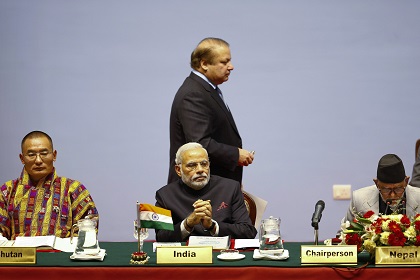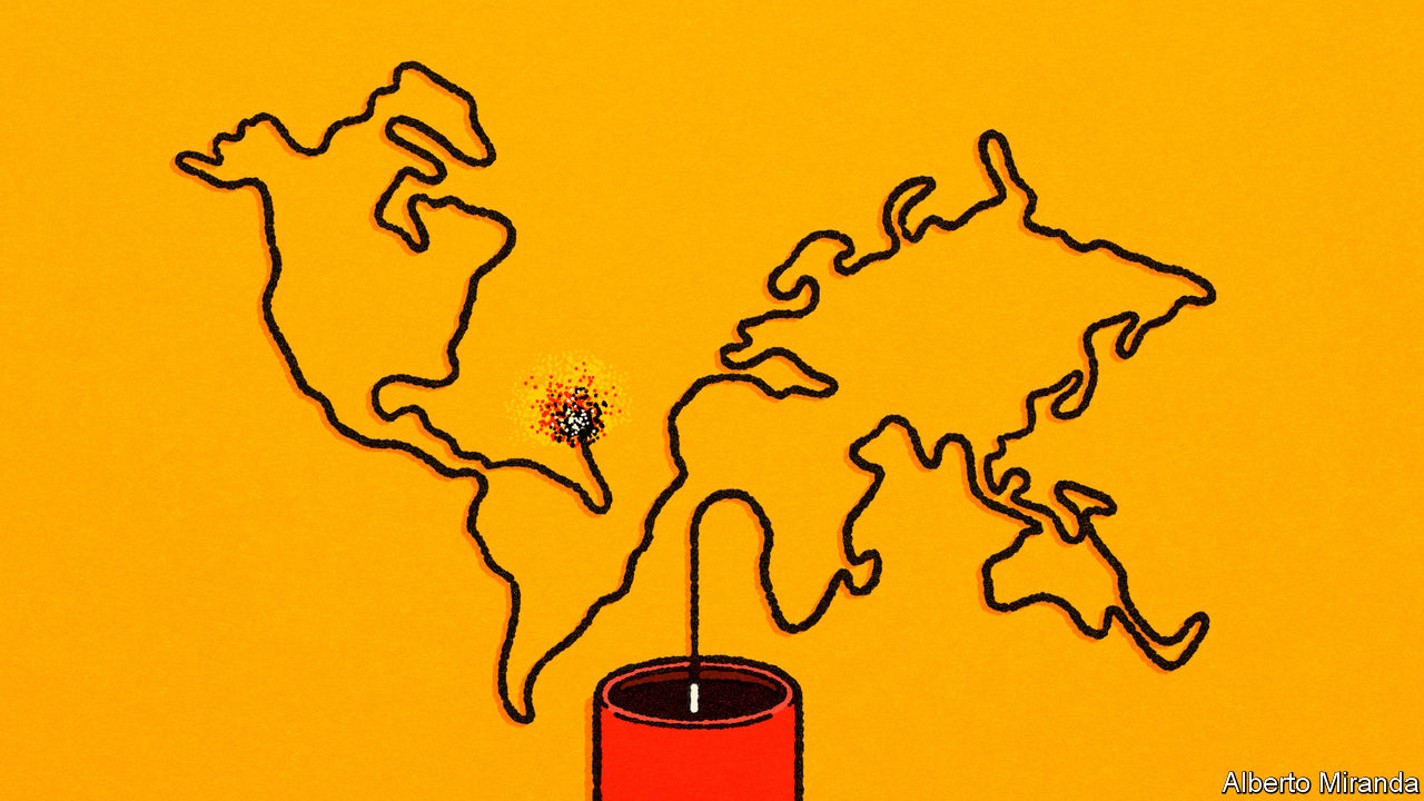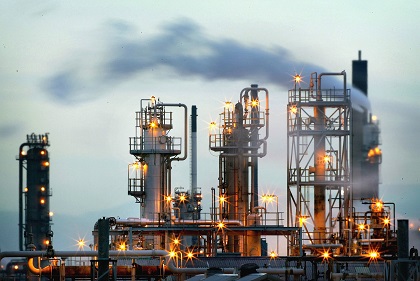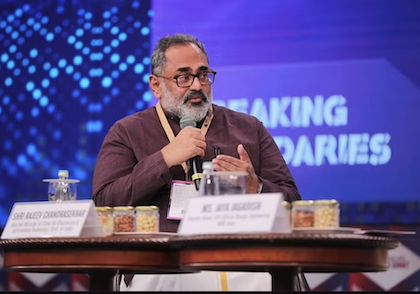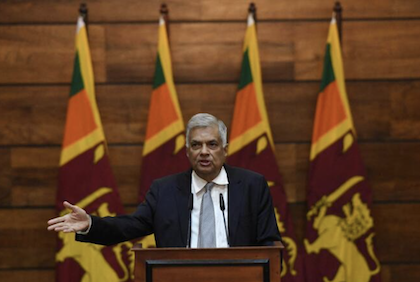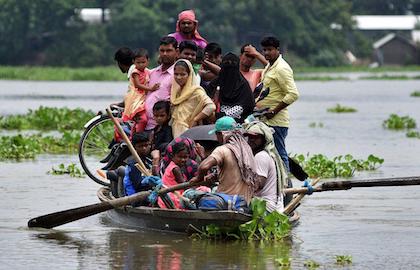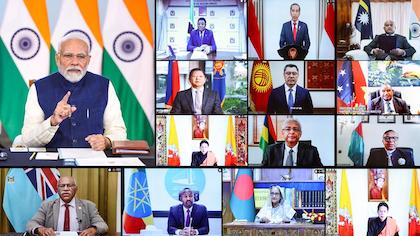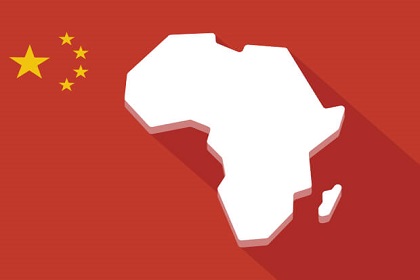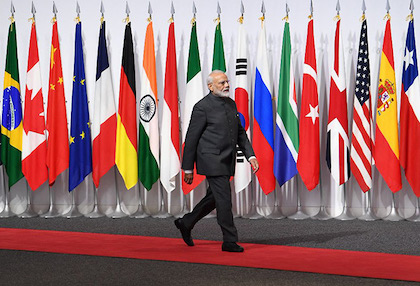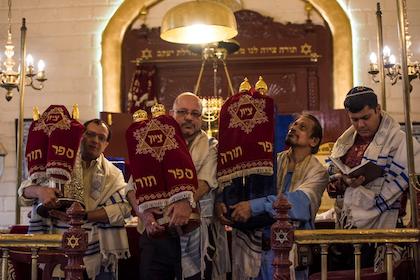India and South Asia: what to expect in 2024
The more India enjoys cooperative relations with its neighbours, the greater its ability to exert influence in the world. Meanwhile, neighbours looking at India with a reasonable mindset may internalise that cooperating with the world’s fifth largest economy is clearly in their interest.

